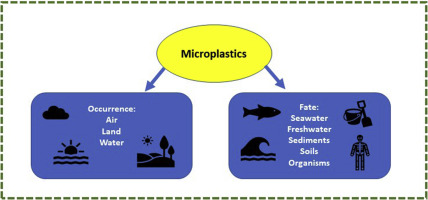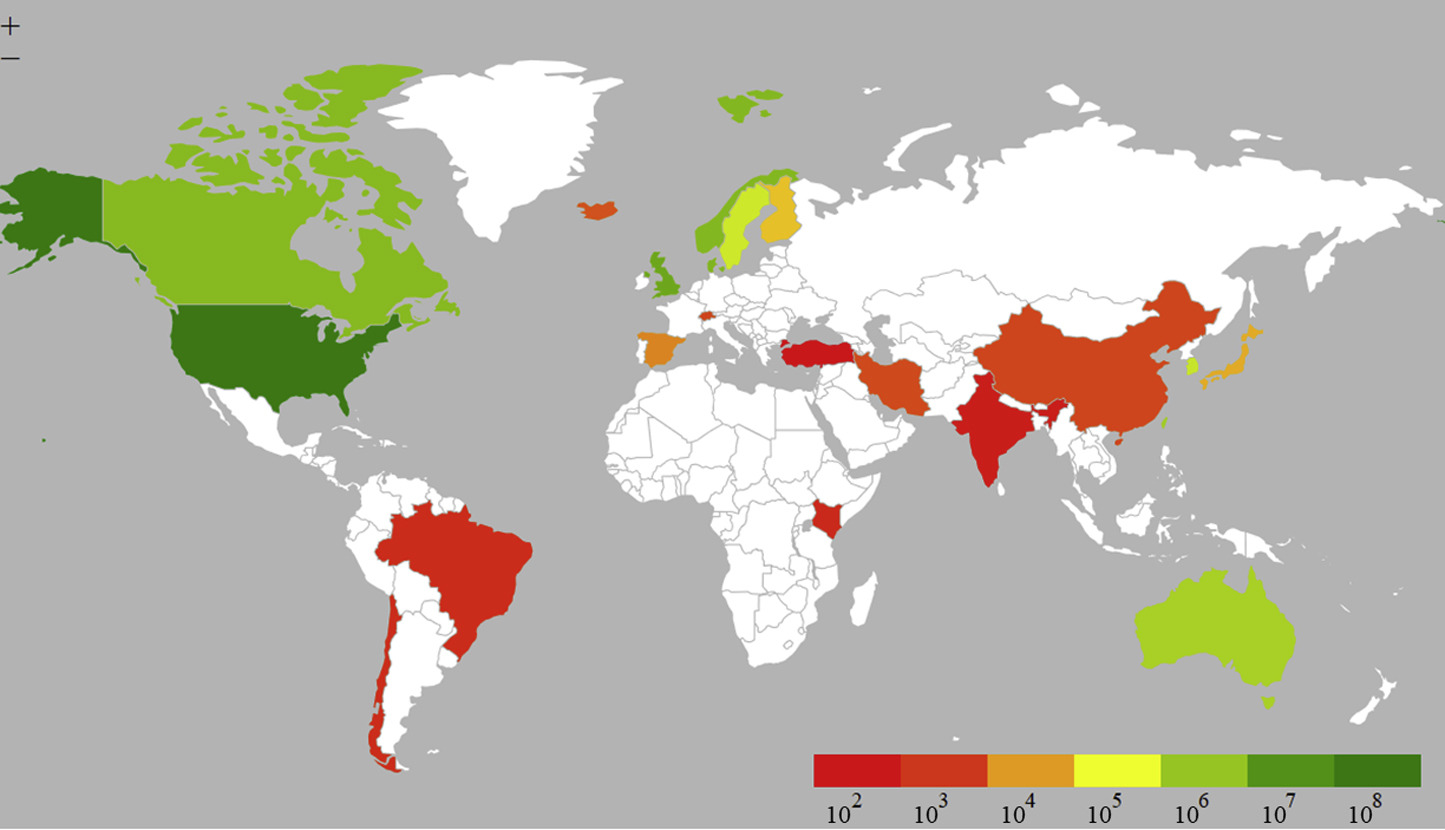Microplastics (MPs) are found in all conceivable media from air, sediments, soils, freshwater, seawater, and organisms, including humans. This paper emphasizes current advances in the study of MPs and presents a review of recent two years of literature on the occurrence and fate of these particles in the environment. The occurrence and fate of MPs are affected by their characteristics and interaction with the media in the environment, including particle mobility and transport processes.
Human Rights Day is observed every year on 10 December — the day the United Nations General Assembly adopted, in 1948, the Universal Declaration of Human Rights (UDHR). The UDHR is a milestone document, which proclaims the inalienable rights that everyone is entitled to as a human being - regardless of race, colour, religion, sex, language, political or other opinion, national or social origin, property, birth or other status. Available in more than 500 languages, it is the most translated document in the world.



